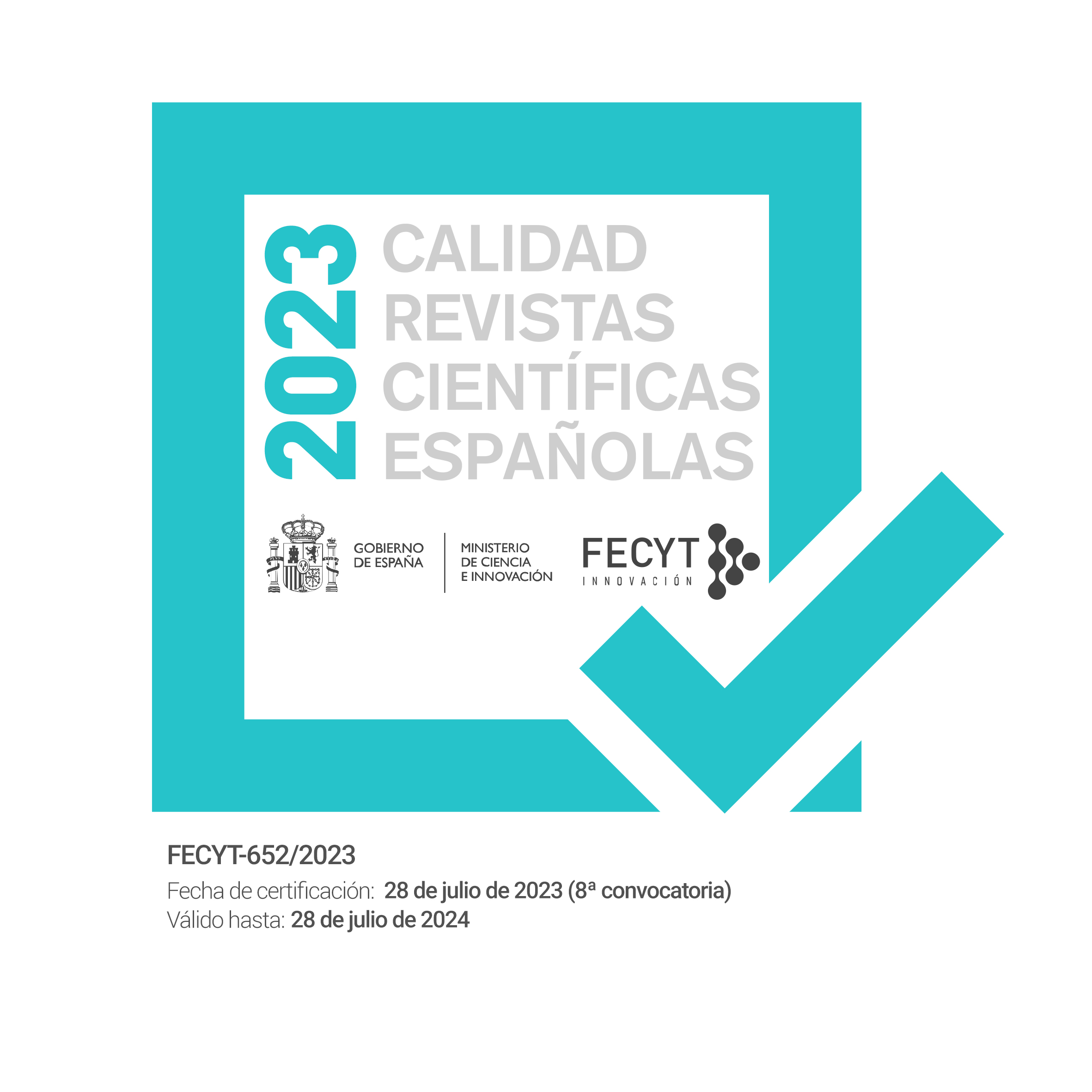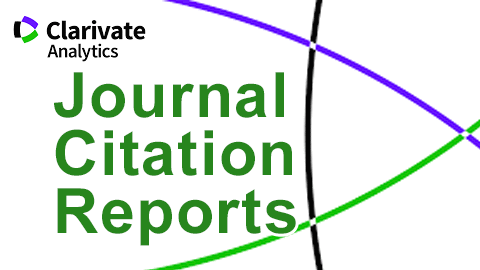Address forms and politeness markers in Spanish students' emails to faculty
DOI:
https://doi.org/10.58859/rael.v21i1.501Keywords:
politeness; emails; tú, ustedAbstract
In the present era of global online communication, email exchanges are one the most common means of interaction between students and professors (Tseng, 2015). However, emails may convey an impolite tone if students do not take status or power imbalance into account to show politeness (Economidou-Kogetsidis, 2011). The present study explored the informal second person pronoun of address (tú) and the formal one (usted) in first and follow-up requestive emails sent by Spanish students. In addition, some structural elements to show politeness in the emails were also examined. Although students had time to edit and correct their emails, our results indicate that in half of first-contact emails tú is employed, a percentage that increases in the follow-up email, therefore ignoring the degree of politeness expected in student-professor email communication. On the other hand, verbal and structural markers of politeness were broadly employed to indicate deference, especially in the first email.
Downloads
Published
Issue
Section
License
Copyright (c) 2023 Patricia Salazar-Campillo

This work is licensed under a Creative Commons Attribution-NonCommercial 4.0 International License.
Attribution - Non-commercial (CC BY-NC). Under this license the user can copy, distribute and publicly display the work and can create derivative works as long as these new creations acknowledge the authorship of the original work and are not used commercially.
Authors retain the copyright and full publishing rights without restrictions.









